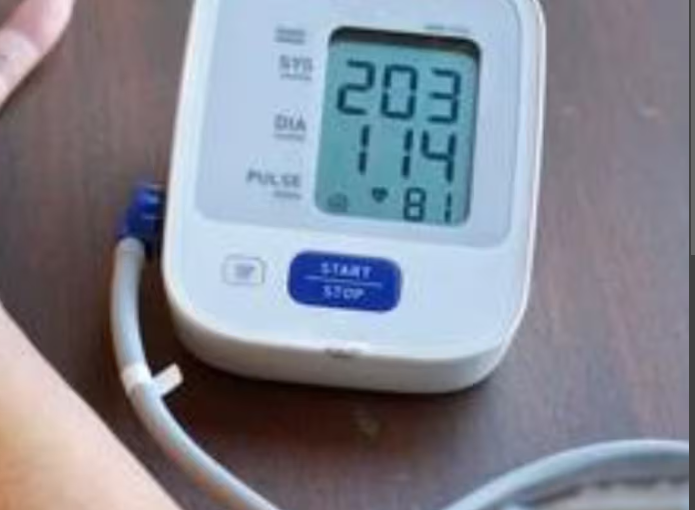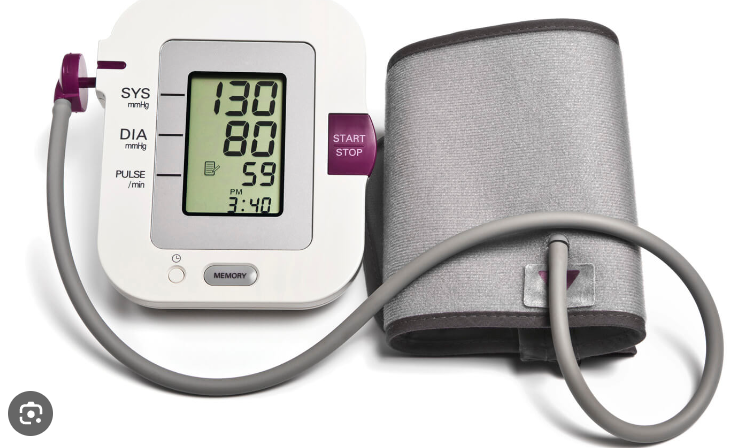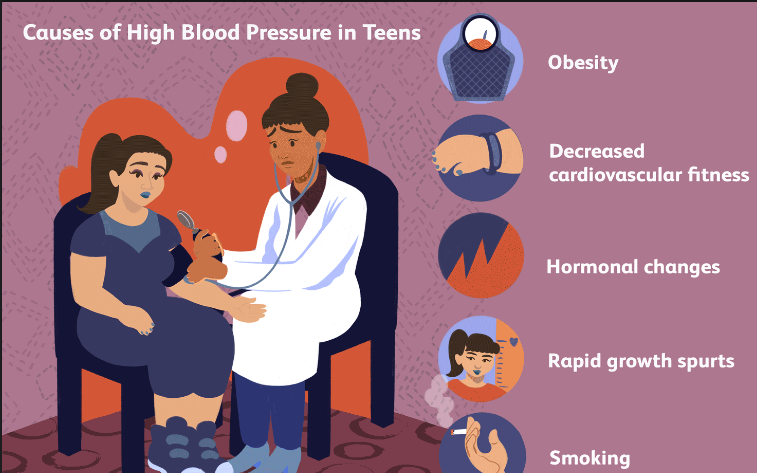High blood pressure at 18 increased the risk of a heart attack, stroke, or other cardiovascular event later in life.
One well-known risk factor is high blood pressure. Trusted source for information on heart attacks, strokes, and other cardiovascular conditions.
While this connection has been thoroughly researched in middle-aged and older persons, there is less information available regarding the long-term cardiovascular hazards associated with high blood pressure at 18 groups.
A significant long-term study has now found evidence that these hazards start to mount even in youth and early adulthood.
According to the study, men with high blood pressure at age of 18 had a higher lifetime risk of suffering a heart attack, stroke, or other cardiovascular event than men with normal blood pressure.
The increased cardiovascular risk was present across all blood pressure ranges.Above-normal blood pressure is the first step before stage 1 high blood pressure, commencing with raised blood pressure.
Additionally, the results demonstrated that cardiovascular risk rose steadily across all blood pressure ranges. Additionally, it applied to both high systolic and high diastolic blood pressure levels.
One in ten male adolescents with stage 2 high blood pressure, according to research, will suffer a serious cardiovascular incident before retirement.
People with normal blood pressure at 18 would not, nevertheless.
How to check blood pressure at 18

Heart Attack
Blood pressure measures are given as two numbers, such as 140/90 mmHg. The first number, systolic blood pressure, measures the pressure in your arteries when the heart beats.
The second number, diastolic blood pressure, measures the pressure in your arteries when the heart is resting between beats.
Normal blood pressure is below 120/80 mmHg. Stage 1 high blood pressure is a systolic blood pressure of 130-139 mmHg or a diastolic blood pressure of 80-89 mmHg.
Checking blood pressure at 18

Heart Attack
The researchers point out in the paper that “clinically important differences” in cardiovascular risk appear around age 50, which they say suggests the need for close monitoring and possibly treatment at earlier ages.
Jennifer Wong agrees: “We have to pay attention to risk factors for cardiovascular disease — and elevated blood pressure is one of several risk factors that are potentially modifiable,” she said. “So it’s extremely important that we look at these early on in life.”
Other cardiovascular risk factors that can be modified include cholesterol levels, dietary habits and whether someone is overweight or has obesity, she said.
Although the study included a large number of adolescents and followed them for several decades, there are several limitations to the research.
However, because the study was carried out in Sweden with little diversity in the population, the study results may not be the same for other countries or for other ethnic and racial groups, the researchers said.
In addition, the study is observational, so researchers could not account for other factors that can increase the risk of cardiovascular events, such as smoking, alcohol consumption and blood cholesterol.
Adapting your lifestyle can help maintain a healthy blood pressure

Heart Attack
Jennifer Wong said blood pressure measurement should be a routine part of every checkup at a doctor’s office, including for children.
Beyond that, Nathan Wong encourages young adults to “know their blood pressure numbers” and take action to reduce their risk of future cardiovascular events.
“Prior studies show that even those with mild elevations in blood pressure often progress to developing [diagnosed] hypertension within a few years, hence the importance of addressing this earlier rather than later,” he told Healthline.
“Furthermore, elevations in blood pressure are associated with other problems such as kidney disease and diabetes,” he added.
“Prevention is better than cure,” he told Healthline, especially since “damage from high blood pressure typically happens slowly, over many years.”
He recommends that even older adolescents aim for blood pressure levels below 120/80 mmHg. As the study shows, “the higher the blood pressure, the higher the incidence of bad events [later in life], starting with just ‘elevated’ blood pressure,” he said.
Nathan Wong said most young adults with blood pressure below 140/90 mmHg can control their blood pressure through lifestyle management, including weight control, physical activity and sodium restriction.
Those with more severe high blood pressure may need medications, on top of lifestyle changes, to help control their blood pressure, he said.
While middle-aged and older adults are often prescribed medications to help lower their blood pressure, Tanayan cautioned that more research is needed to know if the benefits of these drugs in younger adults outweigh the risk of side effects, particularly for those in the “elevated” blood pressure category.
So “a study on the potential cons of aggressive treatment with medications on a young population must be done,” he said.
images source-google




































